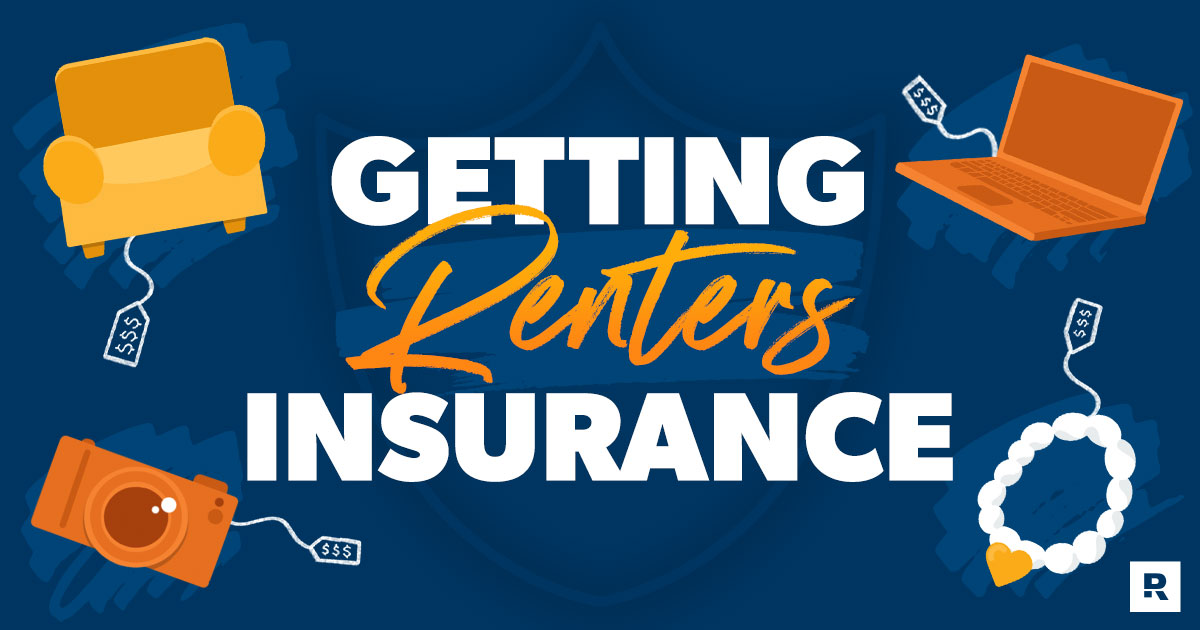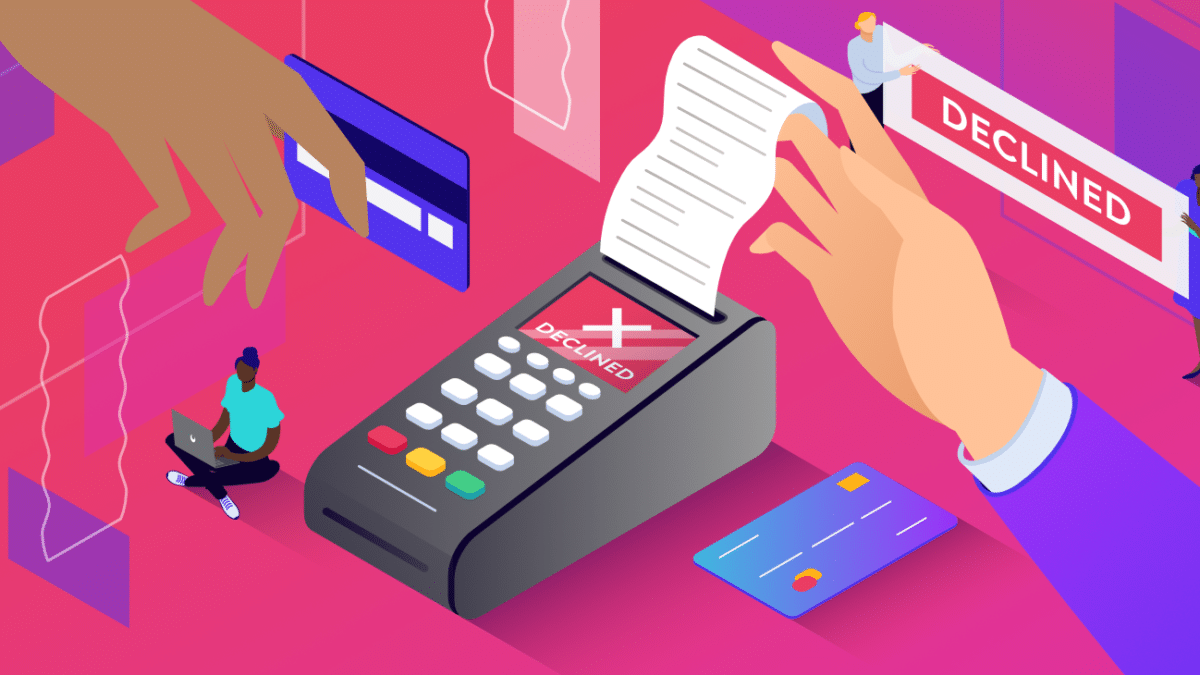Chase amex Credit Card Denials: Getting denied for a credit card can be disappointing, especially when you’re aiming for a premium card from top issuers like Chase or American Express (Amex).
These issuers offer some of the most coveted cards, with valuable rewards and exclusive perks, but they also have strict approval criteria.
If you’ve recently been rejected or are worried about your chances of approval, it’s helpful to understand the reasons behind these denials and how you can improve your odds in the future.
In this article, we’ll take a close look at why credit card applications from Chase and Amex get denied, what you can do if this happens to you, and how to maximize your chances of approval when applying next time.
Table of Contents
Toggle1. Why Chase and Amex Deny Credit Card Applications
Chase and Amex are known for their thorough application processes, meaning they examine your credit history, income, and financial behavior before approving or denying your request. While denials can feel frustrating, they often happen for specific reasons. Let’s explore the most common factors behind credit card rejections.
a) Credit Score and Credit History
Your credit score is one of the first things that both Chase and Amex will look at. To qualify for many of their top-tier cards, a solid credit score is usually required (generally 700+). However, some premium cards like the Chase Sapphire Preferred or the Amex Platinum may need even higher scores.
Reasons you might be denied:
- A low credit score, often due to past late payments, defaults, or high credit utilization, can lead to an automatic rejection.
- A short or limited credit history can also raise concerns for issuers, especially if they don’t have enough information to assess your creditworthiness.
b) Recent Credit Applications and Inquiries
Both Chase and Amex are cautious about applicants who have opened several credit accounts in a short period. For instance, Chase’s 5/24 rule rejects applicants who’ve opened five or more credit cards in the last 24 months. Similarly, Amex will take into account your recent credit inquiries when reviewing your application.
Reasons you might be denied:
- If you’ve opened too many credit cards recently (within 24 months for Chase) or have had too many hard inquiries, it signals to the issuer that you might be trying to open too much credit too quickly.
c) Income and Debt-to-Income Ratio
Your income and debt are also key factors in determining whether you’ll be approved for a credit card. Both Chase and Amex want to ensure you can manage the credit they’re offering.
If your income is not enough to handle the card’s limits, or if your debt is high in comparison to your income, it can lead to rejection.
Reasons you might be denied:
- If your income is not sufficient to support the credit card’s limits, especially for high-end cards like the Amex Platinum or Chase Sapphire Reserve.
- A high debt-to-income (DTI) ratio, meaning you have too much debt relative to your income, can also raise red flags for lenders.
d) Your History with the Issuer
If you’ve had a negative relationship with either Chase or Amex in the past, such as missed payments, defaults, or even account closures due to non-payment, this can affect your chances of getting approved for a new card with them. Both issuers prefer applicants with a positive history.
Reasons you might be denied:
- A history of late payments, defaults, or closed accounts with unpaid balances can hurt your chances of approval.
- Issuers may also be hesitant if you already have too many open accounts with them or have carried unpaid balances for a long time.
e) High Credit Utilization
Your credit utilization rate—the percentage of available credit you’re using – is a critical factor. Both Chase and Amex prefer applicants who manage their credit responsibly by keeping their utilization rate low. If you’re using a large portion of your available credit, it could suggest financial strain and lead to a denial.
Reasons you might be denied:
- If you have high credit card balances relative to your total available credit (more than 30% utilization), it could signal to the issuer that you’re relying too heavily on credit.
2. What to Do If You’re Denied by Chase or Amex
If you’ve been denied by either Chase or Amex, it’s important not to feel discouraged. Credit card denials happen to a lot of people. The first thing you should do is understand why you were rejected. Both issuers usually provide a reason, either through a letter or in your online account.
a) Check the Denial Reason
Take the time to review the reason given for the denial. Common reasons include a low credit score, too many recent applications, or high credit utilization. Understanding the exact reason will help you figure out how to fix the issue before reapplying.
b) Dispute Any Errors on Your Credit Report
If the reason for denial is related to your credit report, review it closely. Sometimes errors or outdated information can negatively affect your score.
If you find mistakes (such as incorrect late payments or accounts you’ve paid off), dispute them with the credit bureaus to get your score back on track.
c) Lower Your Credit Utilization
If your credit utilization was too high, consider paying down your outstanding balances. Reducing your utilization ratio to below 30% is a good goal to aim for, as it will improve your credit score and show that you can manage your debt responsibly.
d) Wait Before Reapplying
If you’ve been rejected due to the 5/24 rule (for Chase) or because of recent hard inquiries, it’s a good idea to wait for a few months before reapplying. This gives you time to improve your credit profile and build a stronger application.
e) Consider Applying for a Different Card
If you were aiming for a premium card like the Amex Platinum or Chase Sapphire Reserve, you might want to try applying for a different card first.
Both issuers offer entry-level cards with lower approval requirements, and being approved for one of these can help you build a positive relationship with the issuer before aiming for a higher-tier card in the future.
3. How to Improve Your Chances of Approval
To maximize your chances of getting approved for a credit card with Chase or Amex, you can take several proactive steps to strengthen your financial profile.
a) Focus on Improving Your Credit Score
A strong credit score is crucial for approval. To improve your score:
- Pay your bills on time every month.
- Keep your credit utilization low (ideally below 30%).
- Avoid opening too many new accounts in a short period.
- Regularly check your credit report for any errors and dispute them.
b) Lower Your Debt-to-Income Ratio
If you’re carrying high levels of debt, work on paying it down. The lower your debt relative to your income, the more likely you are to be approved for a new credit card.
c) Apply for the Right Card
Make sure the card you’re applying for matches your current credit profile. If you have a limited credit history, start with an entry-level card that’s easier to qualify for. If you already have a strong credit score, then applying for a premium card is a reasonable next step.
d) Build a Relationship with the Issuer
If you’ve been denied before, consider applying for a smaller, more manageable card from Chase or Amex. By using their cards responsibly, you can build a positive relationship with the issuer and improve your chances of approval in the future.
e) Be Patient and Consistent
Building a solid credit profile takes time. If you’re not approved right away, don’t give up. Keep working on your credit habits, and over time, you’ll improve your chances of approval for the credit card you really want.
Conclusion
Being denied a Chase or Amex credit card doesn’t have to be the end of your journey. By understanding the reasons behind the denial and taking actionable steps to improve your financial situation, you can increase your chances of approval in the future.
Whether it’s improving your credit score, reducing your credit utilization, or simply waiting a few months before reapplying, there are plenty of ways to bounce back from a denial. Stay patient, stay proactive, and soon enough, you’ll be on your way to securing the credit card you desire.




